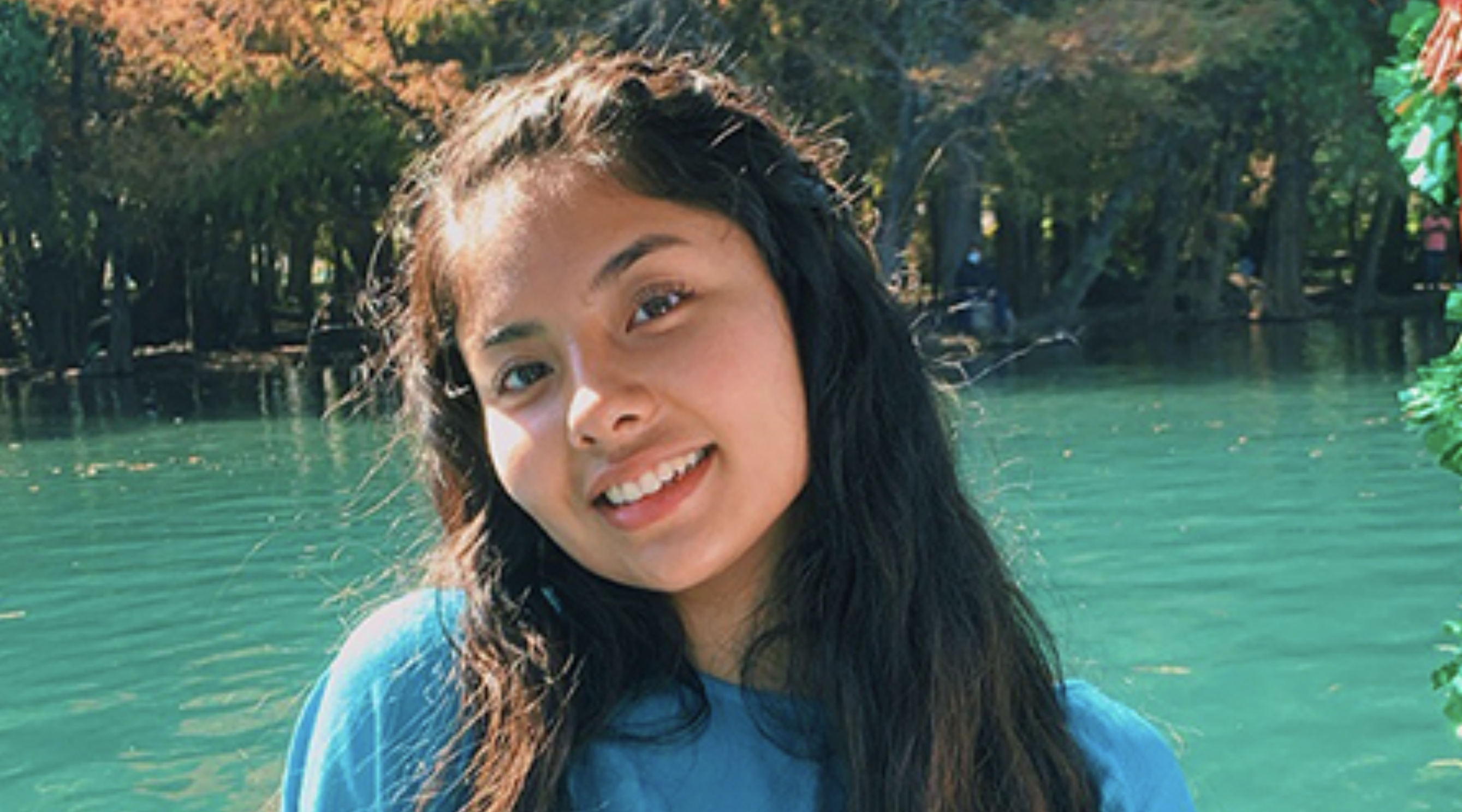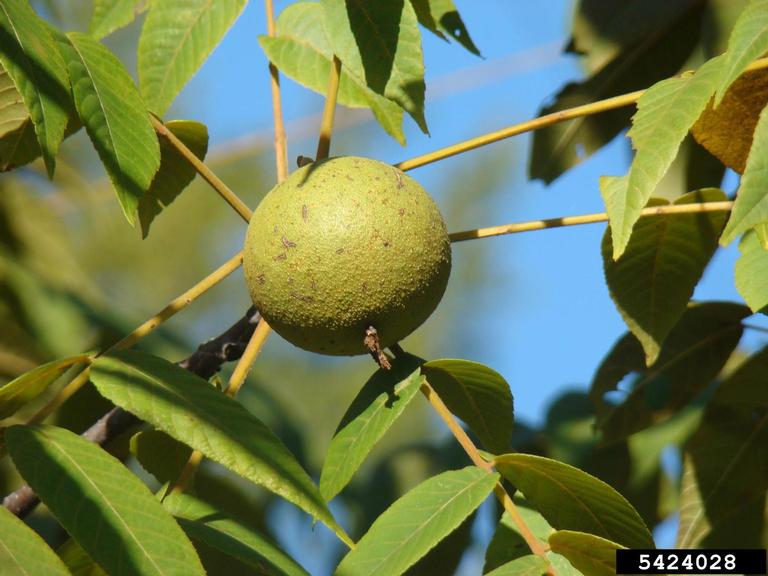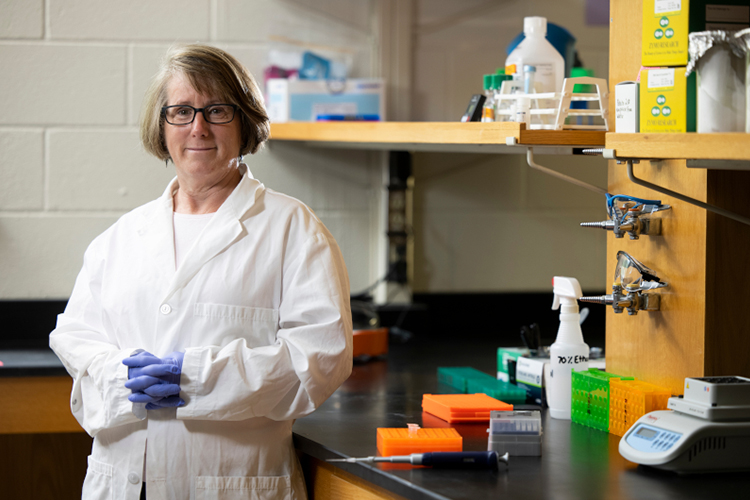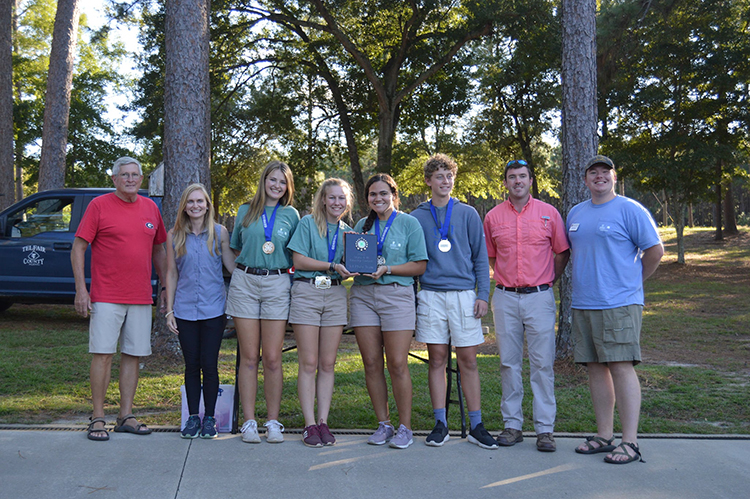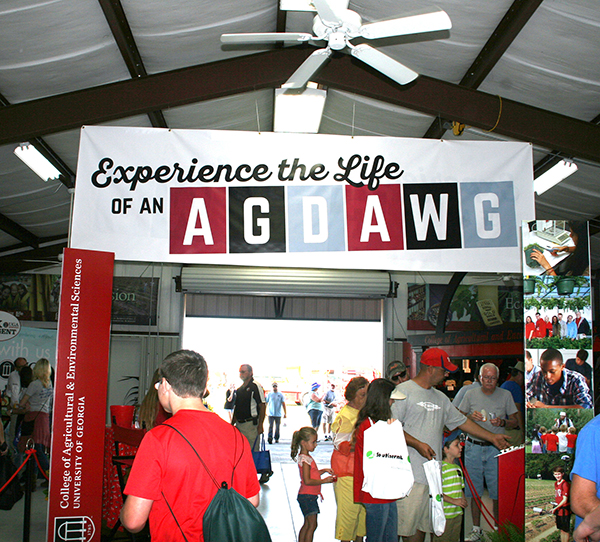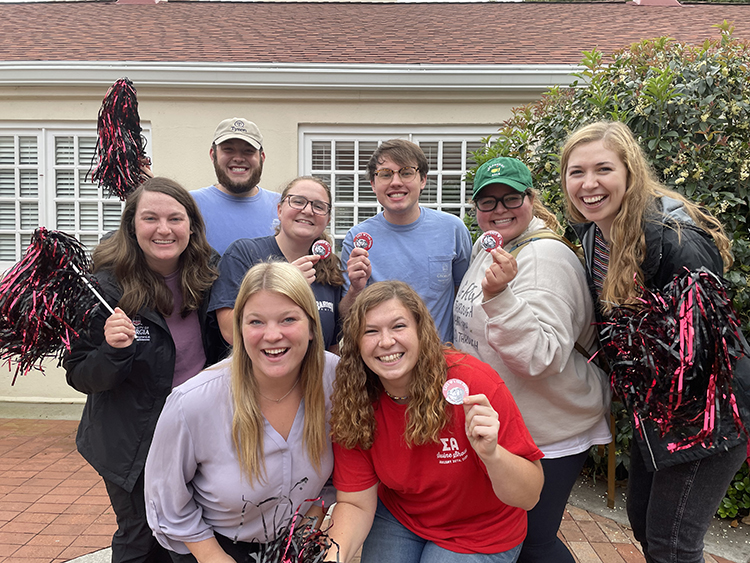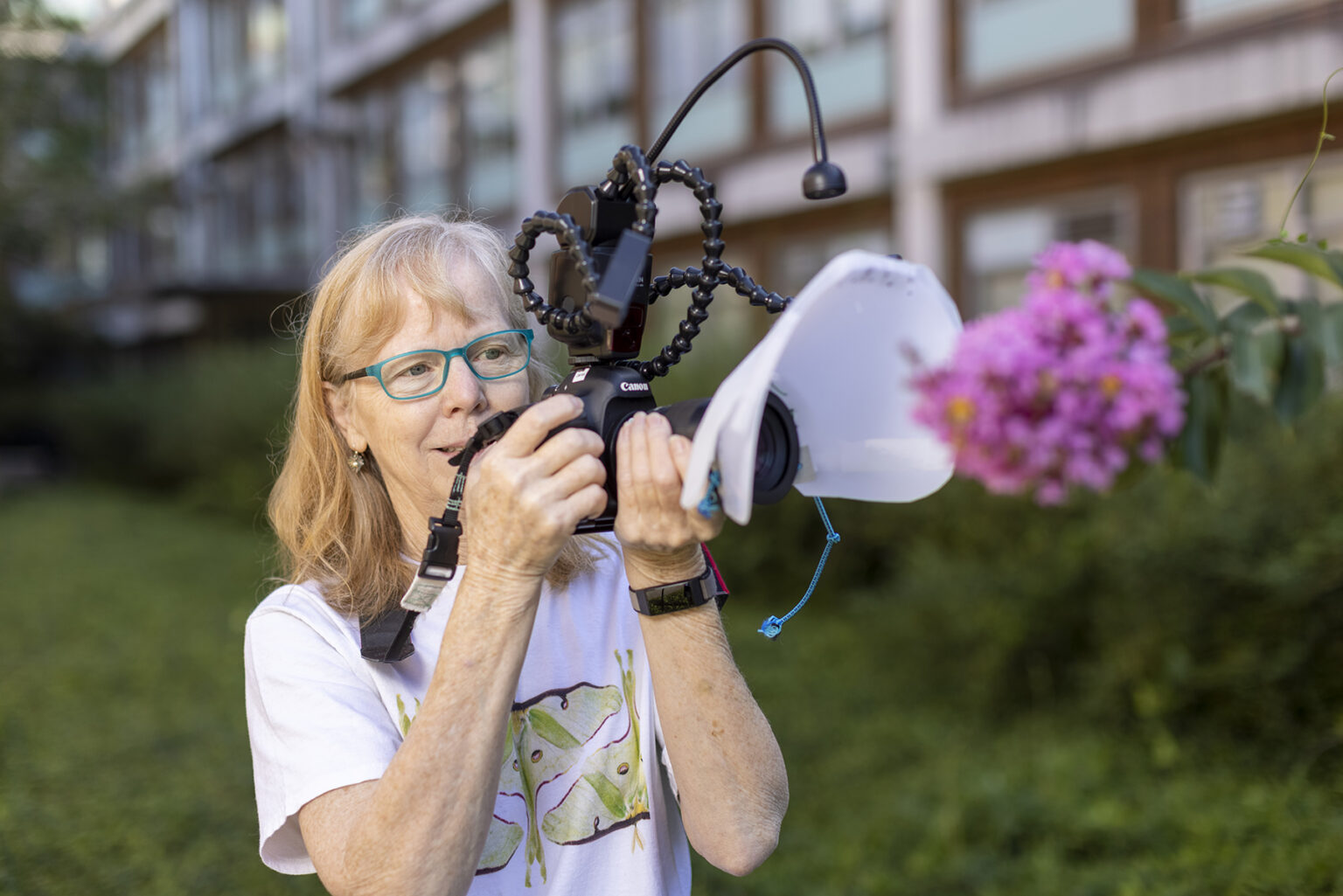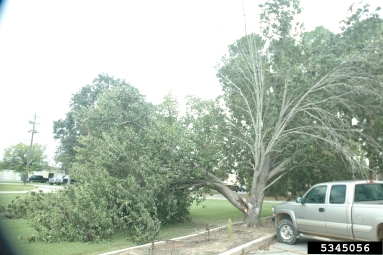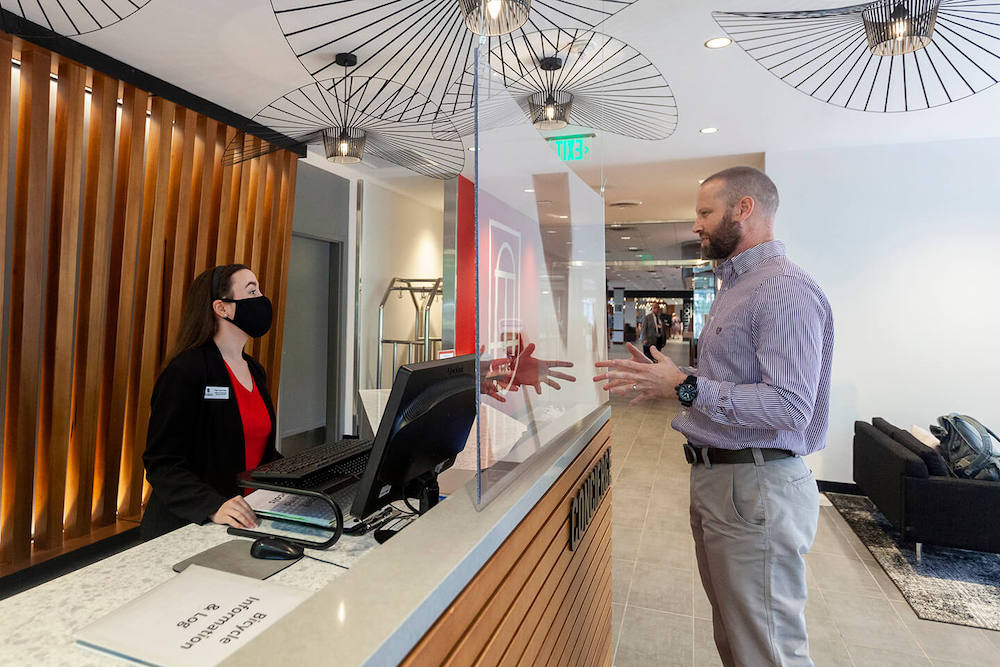 CAES News
CAES News
HFIM and Georgia Center
The University of Georgia’s hospitality and food industry management major in the College of Agricultural and Environmental Sciences is a one-stop shop for academics and real world opportunities, ensuring that graduates not only know what they are supposed to do but how to do it. Their hands-on learning takes place at the UGA Center for Continuing Education & Hotel, where they can experience all aspects of running a hotel, conference center and restaurants.

